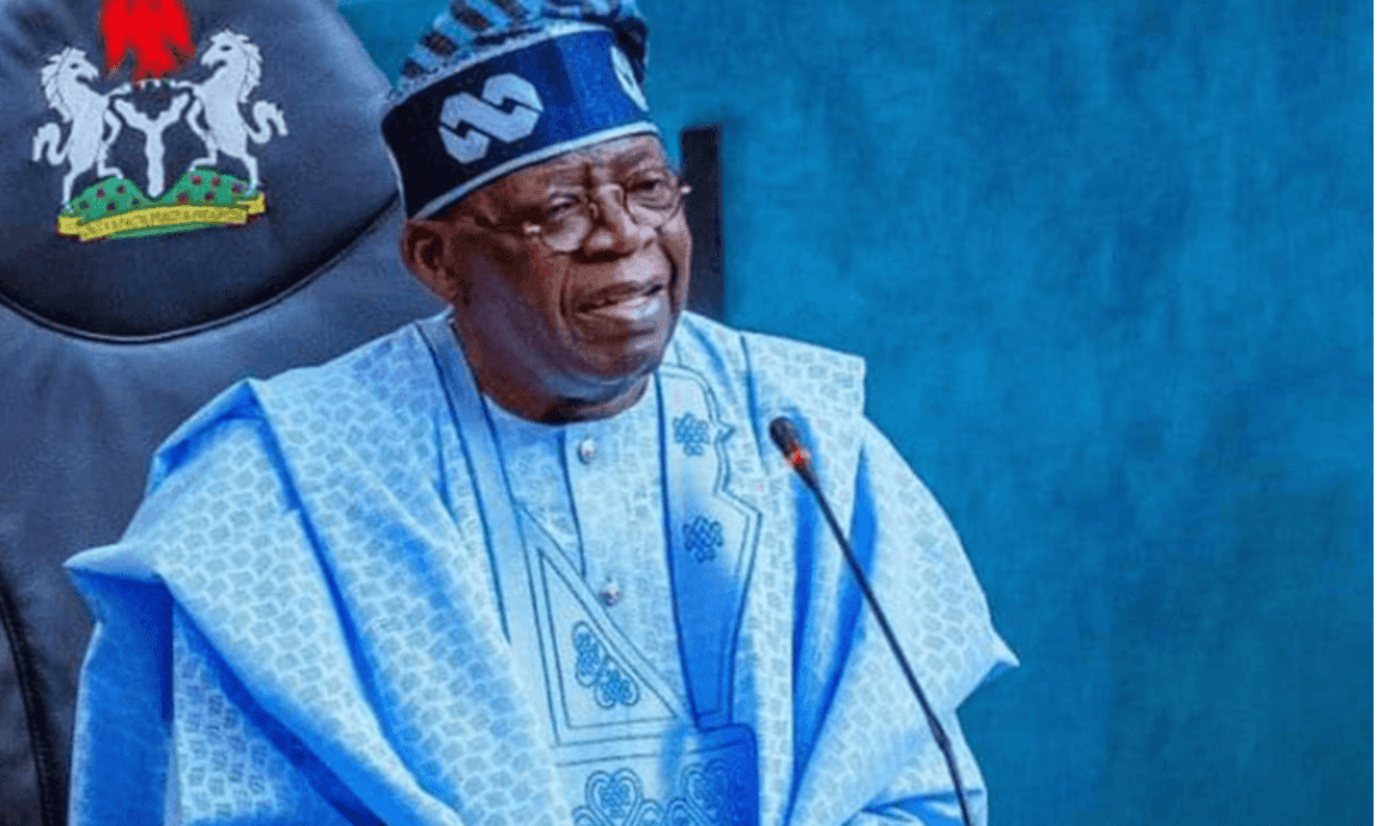September 10, 2025
💰 Nigeria has taken significant steps toward reducing its external debt burden, repaying trillions of naira to major international creditors including China, the International Monetary Fund (IMF), and the World Bank. According to data from the Central Bank of Nigeria, the country spent over $5.47 billion on external debt servicing between January 2024 and February 2025.
The repayments mark a shift in fiscal posture, with President Bola Tinubu’s administration emphasizing responsible borrowing and improved revenue generation. The Debt Management Office confirmed that sufficient budgetary provisions in the 2025 Appropriation Bill cover both domestic and foreign obligations.
📉 Despite these repayments, Nigeria’s total public debt remains substantial—estimated at ₦149.39 trillion (approximately $97 billion) as of Q1 2025. The debt-to-GDP ratio stands at 52%, exceeding the statutory ceiling of 40%, prompting calls for stronger oversight and fiscal reform.
While challenges persist, including high debt-service-to-revenue ratios and pressure on foreign reserves, officials view recent repayments as a foundation for long-term economic resilience. The government has also exited emergency IMF facilities and reduced exposure to Chinese infrastructure loans, signaling a broader commitment to fiscal sustainability.



